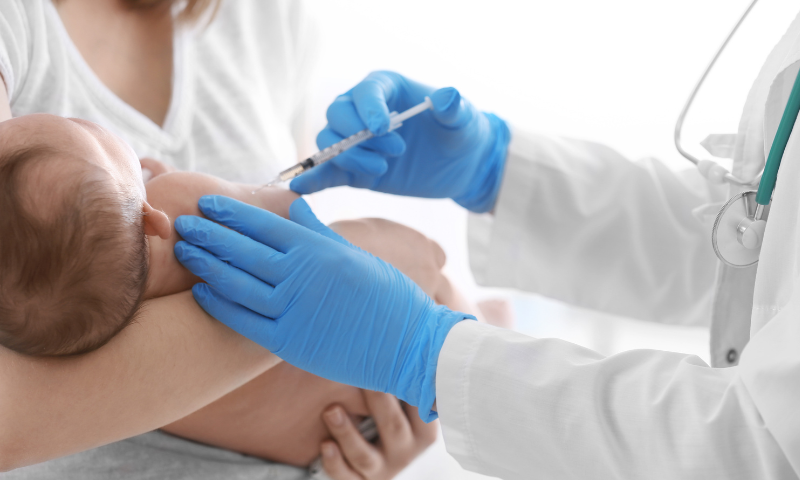University Hospitals Plymouth NHS Trust has launched a new initiative, utilising mobile research units (MRUs) to facilitate research and development in the community.
The MRUs were obtained following a successful bid for nearly £33,000 from the National Institute for Health and Care Research Clinical Research Network South West Peninsula (NIHR CRN SWP).
The initial idea for the MRUs came from a survey undertaken by the Research and Development team prior to the pandemic. 97 percent of respondents said that they would be more likely to take part in a research study if it were in their locality and they did not have to travel to the hospital site to take part.
The main goal of the MRUs is to offer research opportunities to the wider population and to steadily increase the growth and delivery of research within the primary care setting.
The MRUs are currently operational in the wider community, offering a new antibody treatment to babies as part of the HARMONIE study. The study looks at the effectiveness of nirsevimab, an immunisation that “has been shown to reduce lower respiratory tract infections caused by RSV by 74.5 percent in trials of over 4,000 babies”.
Dr Gary Minto, Medical Director of Research and Development at UHP said of the scheme: “For many years, our main strategy has been to reflect the needs of the local population, as well as transformation in healthcare delivery. So we have had the will to do it. And now we have the vehicles to do it as a team.”
The central aim is to help address the healthcare needs of the people of Plymouth, thus reducing pressure on the Derriford Hospital services. The MRUs have additional ecological benefits with a much lower carbon footprint compared to traditional services, allowing patients easy access right on their doorstep.
Dr Minto went on conclude: “We have already begun to meet with primary care partners and GPs to discuss how we can work alongside the integrated care pathway to deliver research activities in Plymouth and the surrounding rural areas. Our goal is to work in partnership with locality partners to provide access to research for a much wider catchment of participants. We are also engaging with local involvement groups, to learn how best to do this. It is a really exciting time.”



